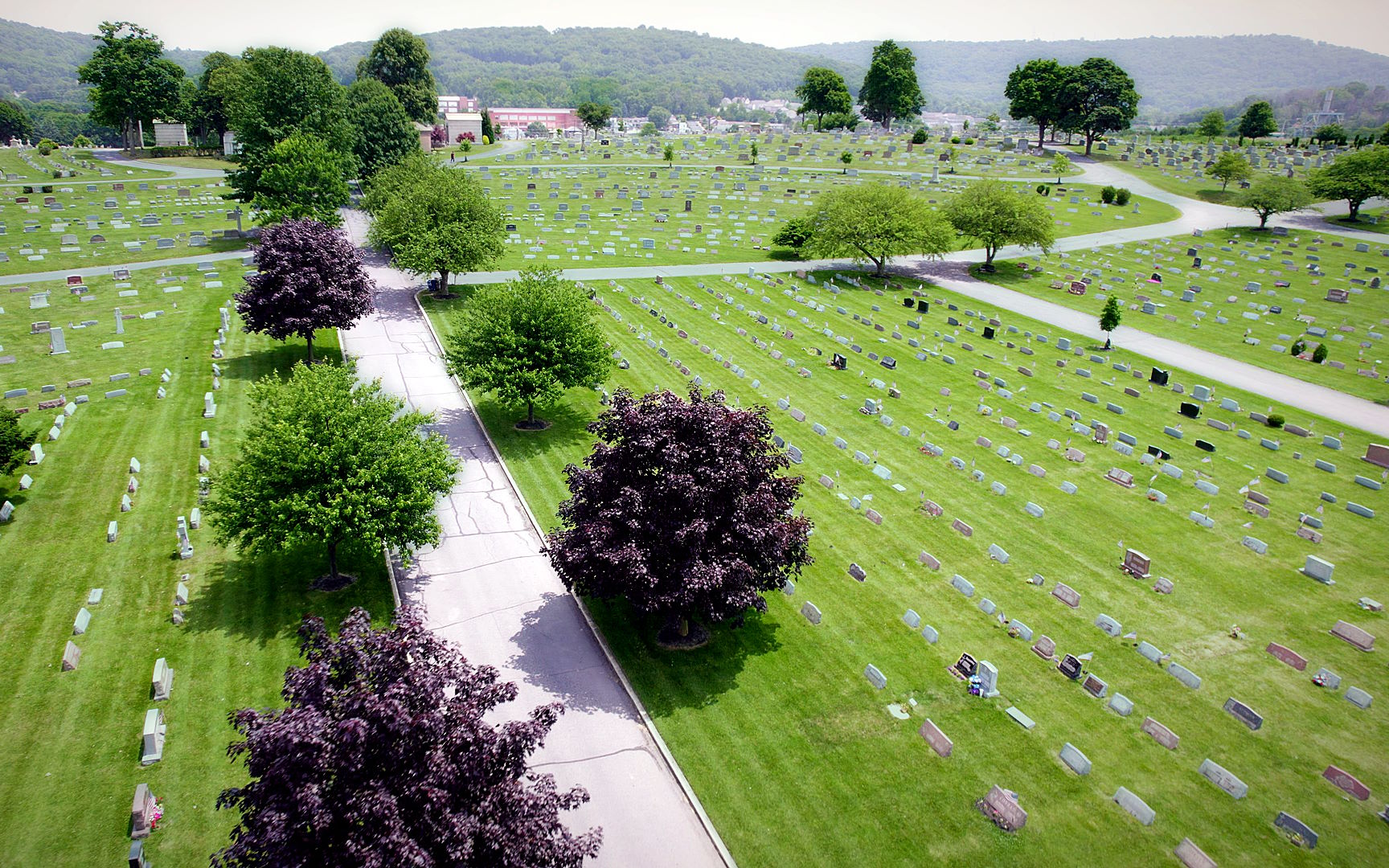When a family entrusts their loved one into your care, they become permanently connected to your cemetery. There are several ways you can show them that they made the right decision in choosing your cemetery. Aftercare, special events, and simple human kindness can help them navigate the death journey. Exceptional service goes a long way and there is no other time in life that it is more expected and appreciated.
Send a Sympathy Card
After your first meeting with a family, send a sympathy card. This simple gesture is so often overlooked. It’s even more meaningful if the card is personalized. You can buy or create blank cards to leave room for a custom message. This will seem less daunting if you take care during the initial meeting to learn about the person who passed away. Ask deep questions and truly listen to the answers. You’ll then be able to mention specific stories or reference what was important to them. The family will appreciate reflecting back on those cherished memories and be grateful that you cared enough to listen and remember. This will lay the groundwork to develop a deeper relationship going forward.
Schedule a Follow Up Meeting
Make a point to schedule a follow up meeting 7 to 10 days after the service. Offer several meeting locations and allow the family to choose. While there is something special about sharing a cup of coffee in someone’s home, some families may not be comfortable having a guest so soon after their loss. Suggest a local restaurant or coffee shop that has a quiet, relaxed atmosphere. You may also offer to meet in your office. While some may prefer that, others may not wish to return there so soon after planning the burial. From your initial meeting you may have a sense of which setting a family would prefer, but give them options and let them make the final decision.
During this meeting, you can do an overall check in on how they are coping. Providing them with thoughtful materials and offering fellowship goes a long way in serving the families that depend on us. Your intention for this meeting should be to support them during this difficult time. Start by asking how they are holding up. Be prepared for a wide range of answers. They may get emotional and share that they aren’t doing well. Prepare a word track beforehand to help you navigate different responses, but don’t get mired down in a script. Be a genuine human – you don’t need to be a therapist to make an impact. Think about what you would say to a friend who has experienced a loss. So many people just want to be heard. If you are willing to listen, you can form a lasting bond. Be empathetic and ask thoughtful follow up questions. The best gift you can give them is the gift of kindness.
Encourage the Use of Online Memorials Such as Remember My Journey
Getting to know the family will help gauge when the time will be right to begin documenting memories about their loved one’s life. Some people will wait while others use the journaling as a means to navigate their journey.You can teach families how to document their loved one’s life through their Remember My Journey online memorial page. Remember My Journey builds a timeline of memories, photos, videos and more, allowing family and friends to contribute to the memory of their loved ones. Writing can be extremely cathartic during the grieving process, though families may vary in how much time they need before they are ready for this step. Although reflection can be sad, it can also evoke so many warm and rich memories as they recount all the wonderful ways the person impacted their life.
Starting a memorial page may seem overwhelming. You might encourage the family to start by sharing their favorite memory. Or you can suggest they focus on a broader topic, such as memories related to Christmas or another favorite holiday. Perhaps they’d like to start by writing about what their loved one was known for – like being an exceptional cook or an accomplished fisherman.
Walk the family through all the features of Remember My Journey and show them how to update the page. Once you have introduced them to this feature, you can follow up with them in a few weeks and reference something that you learned about their loved one. If the page hasn’t been updated yet, be sure to check in to make sure they don’t have any questions or need technical help.
Some cemeteries invite families to bring photographs to the office to be scanned. Set a time limit for scanning – like 20 minutes – and then offer a quick in-person tutorial on how to upload pictures to Remember My Journey and add written memories. You can provide the scanned photos on a flash drive that has the cemetery’s logo, which ensures the family will think of you every time they look at the photos. This simple kindness can also lead to further business as others who see the Remember My Journey page may be impressed by your cemetery’s offerings.
Staying connected to families doesn’t need to require a lot of money or effort.
Host Remembrance Events
A great way to interact with many families is to invite them to remembrance events at your cemetery. While accommodating large groups can seem overwhelming, don’t let overthinking leave you paralyzed. Though there are logistics to be considered–like parking–don’t let details stop you from holding an event that can be extremely meaningful for the families in your care.
If you are new to hosting events, start simple. You could pick a day and designate a meeting place for anyone who’s lost someone over the past year. Set up a tent for shelter from cold or inclement weather and provide warm beverages and sealed snacks. Invite local choral groups to sing and musicians to play music. Find someone to read appropriate stories or poetry. Your Remembrance Day could stretch over several hours, so families can come and go on their own schedule, which also eliminates some of the parking burden. Events like this give people a chance to meet others who are experiencing similar feelings and know they aren’t alone.
Once you’re ready to get a little more involved, you might add a craft element. One cemetery invited families to make bird feeders from pine cones, peanut butter, and bird seed. The feeders were hung in trees near their loved ones’ graves. Another cemetery with a pond provided supplies for families to build floating memorials. These events allow people to come together months or even years after the service to honor their loved one by doing an activity together, which can be extremely meaningful. To create richer events, take photos of each family’s creation and share them afterwards. One cemetery even created custom holiday cards for each family using those photos.
A well organized remembrance event feels like a hug. As people entrust their loved ones to our care, we can reciprocate by providing a meaningful event. I often hear about budget constraints that inhibit providing memorial events. These events do not need to be elaborate. The simpler, the better. A small memorial keepsake, like an ornament, is an excellent use of a marketing budget. These events build good faith and encourage deeper relationships. Don’t be afraid that too many people will come, or no one at all. If you host a meaningful event and send thoughtful invitations, the people who need it most will attend.
Focus on Service Will Set You Apart
Staying connected to families doesn’t need to require a lot of money or effort. Simple touchpoints can be extremely effective. In today’s world, good service is increasingly hard to find. No one is used to getting anything for free. Be the exception rather than the rule! If you genuinely care for your families you serve, show them! While a timely phone call or simple card costs little in time or money, it builds enduring loyalty that will ripple out to others in their lives. Approach aftercare as a philanthropic endeavor and follow up sales will come as a by-product. With proper aftercare, everyone benefits.
Related Articles
Articles related to the one you just read!
What are cemeterians saying about webCemeteries?
This [website] project was quite an odyssey with plenty of twists and turns. The webCemeteries website design team weathered the storm. I think it’s more than fair to say that without their efforts, we would not have gotten this over the finish line…and with such an excellent outcome.
Mark J. DePalma
Forest Lawn Buffalo




